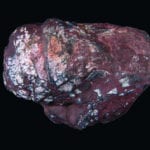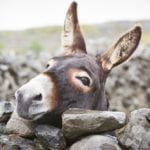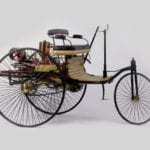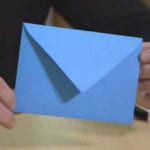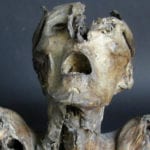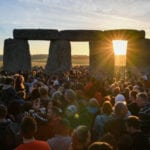 History
History  History
History  Health
Health 10 Everyday Activities That Secretly Alter Consciousness
 History
History Top 10 Historical Disasters Caused by Someone Calling in Sick
 Animals
Animals 10 New Shark Secrets That Recently Dropped
 Movies and TV
Movies and TV 10 Forgotten Realities of Early Live Television Broadcasts
 Technology
Technology 10 Stopgap Technologies That Became Industry Standards
 Weird Stuff
Weird Stuff 10 Wild Facts About Taxidermy That You Probably Didn’t Know
 Travel
Travel 10 Beautiful Travel Destinations (That Will Kill You)
 Miscellaneous
Miscellaneous 10 Modern Marriage Rituals Born from Corporate Branding
 Weird Stuff
Weird Stuff Ten Bizarre Visions of 2026 from Fiction
 History
History 10 “Modern” Problems with Surprising Historical Analogs
 Health
Health 10 Everyday Activities That Secretly Alter Consciousness
 History
History Top 10 Historical Disasters Caused by Someone Calling in Sick
Who's Behind Listverse?

Jamie Frater
Head Editor
Jamie founded Listverse due to an insatiable desire to share fascinating, obscure, and bizarre facts. He has been a guest speaker on numerous national radio and television stations and is a five time published author.
More About Us Animals
Animals 10 New Shark Secrets That Recently Dropped
 Movies and TV
Movies and TV 10 Forgotten Realities of Early Live Television Broadcasts
 Technology
Technology 10 Stopgap Technologies That Became Industry Standards
 Weird Stuff
Weird Stuff 10 Wild Facts About Taxidermy That You Probably Didn’t Know
 Travel
Travel 10 Beautiful Travel Destinations (That Will Kill You)
 Miscellaneous
Miscellaneous 10 Modern Marriage Rituals Born from Corporate Branding
 Weird Stuff
Weird Stuff Ten Bizarre Visions of 2026 from Fiction
10 Curious Facts About The British Monarchy
The traditions and history of the British monarchy are fascinating—even to those who are not subjects of it. From regnal numbering to guarding The Queen, here is a comprehensive guide to some of the finest and weirdest traditions that involve the British Monarchy and its Monarch.
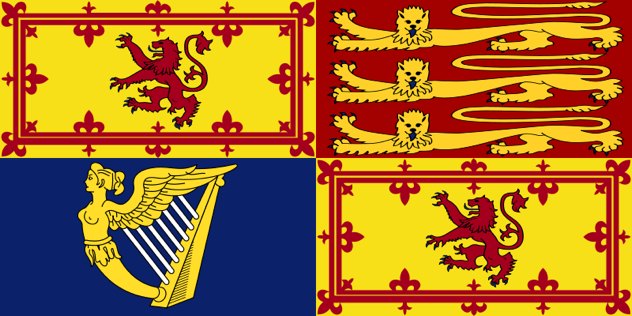
Even though individual monarchs obviously do die, the Sovereign (that’s to say the reigning Monarch) never dies. Due to the way the British Crown operates, the very moment one King or Queen dies, the next-in-line succeeds them immediately. As a result of this, the Royal Standard (above) never flies at half-mast! Interestingly, however, the Royal Standard can be flown at half-mast over a building or vessel (but not at Buckingham Palace) if the deceased body of the previous monarch is housed there. This is only the case if the current monarch is also not in attendance at the same place.
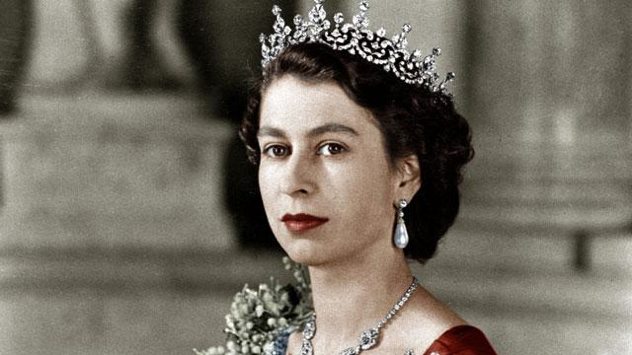
Ever since James VI Of Scotland assumed the throne of England until fairly recently, Monarchs have still held separate numerals for both England and Scotland. James VI of Scotland was also James I of England. This union happens to affect the Monarchy today, whereas there has been an Elizabeth I of England, there never has been an Elizabeth of Scotland so The current Queen should be styled as Queen Elizabeth I & II, she is not and as a result all post boxes in Scotland and other items that would usually bear the Royal Cypher actually bear just the Crown Of Scotland with no initials.
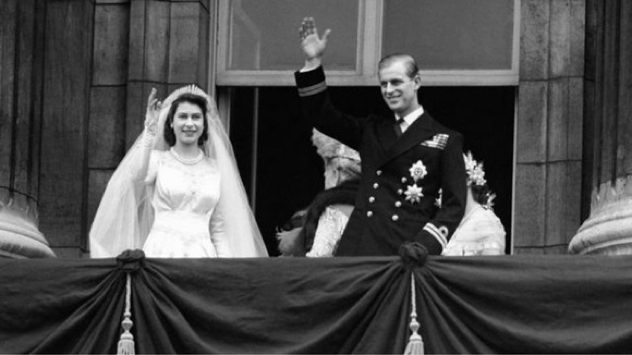
Ever wondered why when there is a King, his wife is a Queen but now we have a Queen, her husband isn’t King? This is something that is often subject to misconception and confusion, the reason for this is plain and simple, though. Usually, in a marriage, a wife adopts her husband’s title and surname (e.g. Miss L Jones becomes Mrs L Peters when married to Mr Peters) but the reverse is not true. A title is usually issued to the man in the marriage in order for his wife to adopt the appropriate style, this was particularly relevant in 1947 when the then HRH Princess Elizabeth married Philip Mountbatten. In order for Philip to have a title and style, the title of Duke Of Edinburgh was issued to him, otherwise he would have remained Philip Mountbatten (NB: He would NOT have been Prince Philip Of Greece as he had to renounce his Greek titles and religion in order to marry Princess Elizabeth in a Church of England ceremony.)
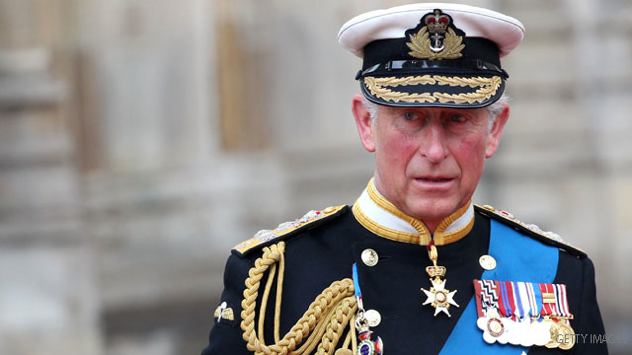
When a new Monarch accedes to the throne, after condolences are given, one of the first questions asked of them is ‘what name would you like to reign under?’, it is not dictated by their first name, it really is their choice. Notable Monarchs who reigned under different names include: Queen Victoria (who was Princess Alexandrina Of Kent), King George VI (who was Prince Albert, Duke Of York) and King Edward VIII (who was Prince David, Prince Of Wales). Different names are often chosen for specific reasons. In 1936, Prince Albert chose to reign as King George VI to stress continuity after his brother Edward VIII abdicated. It is also expected that Prince Charles will reign as King George VII rather than Charles III because of the negative connotations associated with King Charles. The first one had his head chopped off and the second was known for a ‘less-than-austere’ lifestyle. The third one, known as ‘Bonny Prince Charlie’ never got to be King, he would’ve been Charles III.
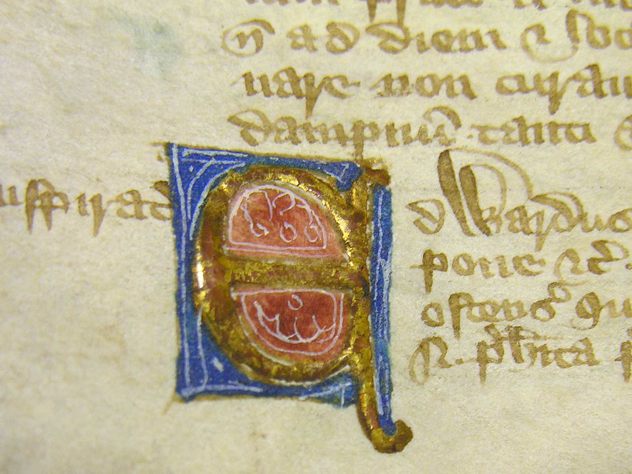
If I said the UK has no constitution, I’d be exaggerating. What I mean is it does have a constitution, but not as you’d expect! The United Kingdom has no single written document that forms its constitution. Instead, the ‘constitution’ is formed through various acts of Parliament and also through tradition. This has caused lots of controversy for its lack of clarity and difficulty in deciphering.
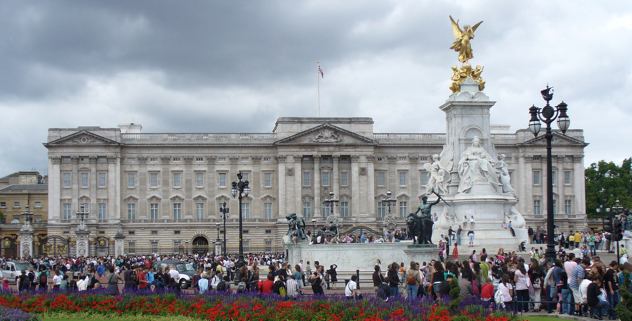
Ever Queen Victoria became Queen in 1837 Buckingham Palace has been the official residence of the Monarch. Whilst it is where the Monarch lives, it is not where the Monarchy is based. Before Buckingham Palace came into use, St James’s Palace (a few meters down the road from Buckingham Palace) was the seat of the Monarch. When Queen Victoria moved into the Palace, the Royal Court remained at St James’ and as such, St James’s Palace is technically the home of the Monarchy in Britain, after all it is where Accession Councils assemble to read out the proclamation of a new King or Queen and also where foreign diplomats are accredited – ‘The Court Of St James’!
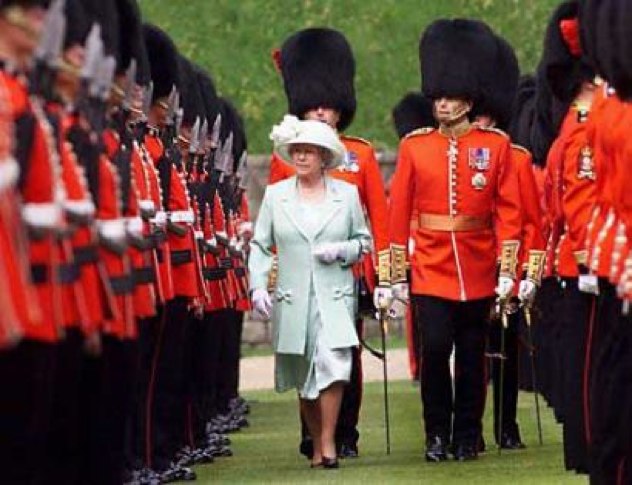
When one thinks of London or even England, the image of a tall, lonely Sentry in bearskin and red coat standing in a Sentry Box stood outside Buckingham Palace. These sentries are real soldiers from the British Army from one of the 5 regiments of Foot Guards (Grenadier Guards, Coldstream Guards, Welsh Guards, Irish Guards and Scots Guards). It just so happens that half of their job is ceremonial (guarding) and the other half is infantry. Such is the nature of their job that one week they may be stood idly outside one of The Queen’s Palaces ‘Doing Queen’s Guard’ and the next, fighting the Taliban in Afghanistan. The point of this factlet is that the sentries are not just there for decoration, they do perform real army duties and when they guard, they guard to defend, not just to decorate. If you look closely at the photo above you will see they are not carrying ceremonial swords—they are all armed with machine guns.
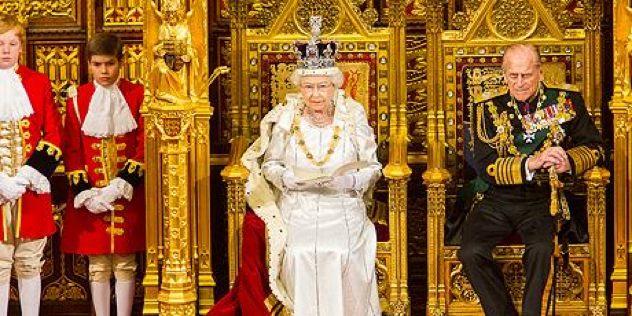
Of all the Royal events in the calendar, the State Opening Of Parliament surely trumps them all in terms of the most grand and exuberant. Every year, Her Majesty attends the Houses of Parliament to perform an ancient ceremony where she officially opens parliament, reading a speech written by Her government with a prospectus of what’s in store for the next political year. The significance of this is… well, there isn’t much. As much as Monarchists resent it, the State Opening Of Parliament is nothing more than a piece of pageantry, it is not a requirement for it to be performed to run the Government, nor does it have its roots in anything else but asserting the Monarch’s dominance and role as supreme leader of the country.
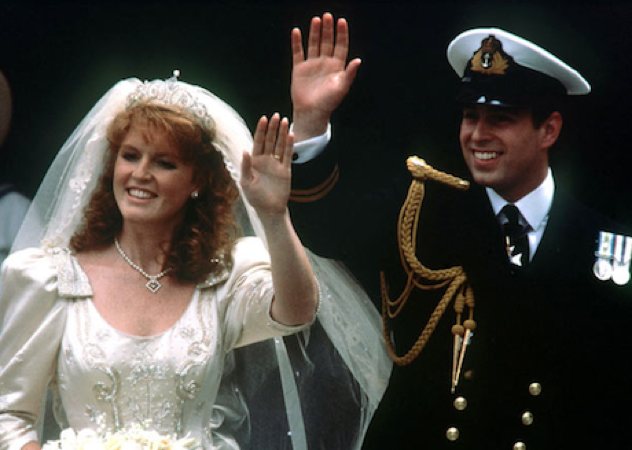
We all know that the title of Prince Of Wales is reserved for the 1st in line to the throne. But other titles are also reserved for other members of the Royal Family, depending of their placement. The title ‘Duke Of Cornwall’ is given to the Monarch’s eldest son automatically. The title Duke Of Rothesay is also given to Monarch’s eldest son as that is what they’ll be known as in Scotland (both currently held by Prince Charles, Queen’s 1st son and heir). The title Duke Of York is reserved for the 2nd son of the Monarch (currently held by Prince Andrew, Queen’s 2nd son—above). The title ‘Princess Royal’ is given to eldest daughter of the Monarch (currently held by Princess Anne, Queen’s 1st daughter) and of course, the title of Prince Consort is reserved for the husband of a Queen Regnant (although Prince Philip is Prince Consort, he doesn’t hold the title of Prince Consort as it was decided at the time he wouldn’t have the title).
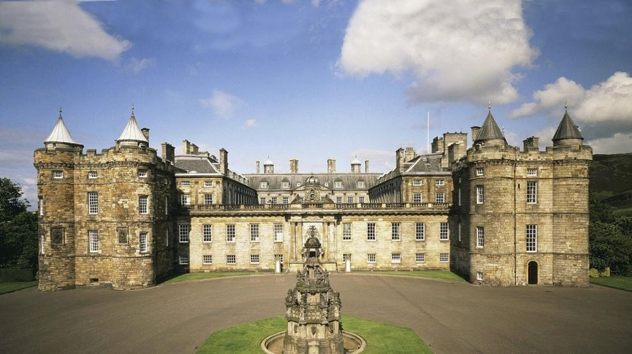
Here’s a strange one for you. In Scotland, Her Majesty’s official residence is the Palace Of Holyroodhouse (pictured) in Edinburgh but, she only occupies the Palace for 1 week every year. Conversely, every summer, The Queen retires to Balmoral Castle, also in Scotland for over 6 weeks yet Balmoral remains second fiddle to Holyroodhouse.
RoyalCentral can be found on twitter by clicking right here.

